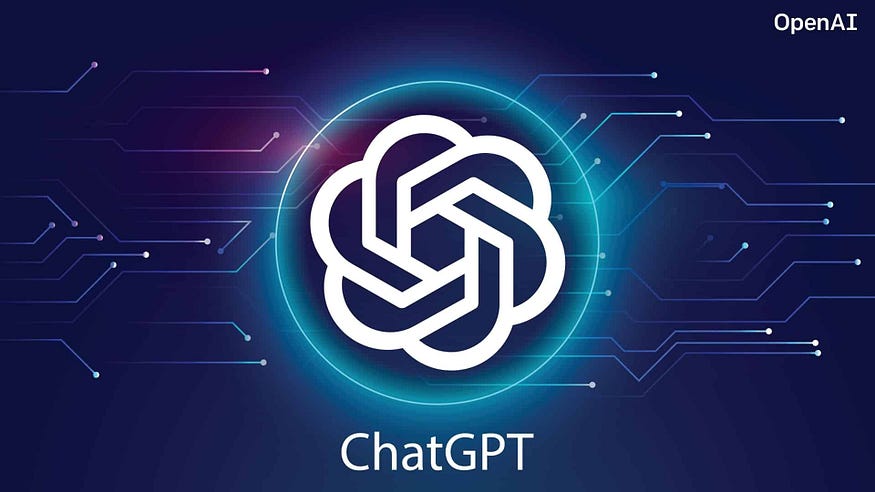Introduction
- Hook: Briefly introduce the rise in cybersecurity threats and why ethical hacking is essential today.
- Importance of Ethical Hacking: Explain how ethical hackers contribute to securing systems and networks, preventing attacks before they happen.
- Course Overview: Mention what readers can expect to learn in this introduction, such as basic cybersecurity skills, tools, and certifications.
For a visual walkthrough of the concepts covered in this article, check out my YouTube Video:-
1. What is Ethical Hacking?
- Definition: Explain what ethical hacking is and how it differs from malicious hacking.
- Roles and Responsibilities: Outline the key roles of an ethical hacker (e.g., penetration testing, vulnerability assessments).
- Importance in Cybersecurity: Why ethical hacking is crucial for companies to protect their assets.
2. Essential Cybersecurity Skills for Beginners
- Networking Fundamentals: A brief overview of networking concepts (IP addresses, ports, protocols) every ethical hacker must know.
- Understanding Operating Systems: Focus on Linux (Kali Linux), Windows, and their significance in ethical hacking.
- Programming Languages: Highlight the importance of learning languages like Python, Bash, or C for automation and scripting.
3. Ethical Hacking Tools You Need to Know
- Kali Linux: The go-to OS for ethical hackers, with pre-installed tools.
- Popular Tools:
- Nmap: Network scanning and enumeration.
- Metasploit: For penetration testing.
- Wireshark: Packet analysis tool.
- John the Ripper: Password cracking.
- Why these tools matter: Briefly explain their role in real-world hacking scenarios.
4. Certifications to Kickstart Your Ethical Hacking Journey
- Certified Ethical Hacker (CEH): The most recognized entry-level certification.
- CompTIA Security+: A great foundational certification for those starting in cybersecurity.
- Offensive Security Certified Professional (OSCP): For hands-on experience in penetration testing.
- Why Certifications Matter: Show how certifications can boost credibility and open job opportunities.
5. How to Get Started
- Enroll in a Beginner Course: Recommend a few platforms like Udemy, Coursera, or Pluralsight for beginners.
- Join Ethical Hacking Communities: Encourage readers to participate in online forums, capture-the-flag (CTF) challenges, or bug bounty programs.
- Practice, Practice, Practice: Highlight the importance of practicing in lab environments (Hack The Box, TryHackMe).
Conclusion
- Final Thoughts: Encourage readers to dive into the world of ethical hacking with a mindset of continuous learning and curiosity.
- Call to Action: Suggest readers start with a beginner-friendly course and begin experimenting with tools like Kali Linux today.
Connect with Me:
- YouTube ► S3 CloudHub Channel
- Facebook ► S3 CloudHub Page
- Medium ► S3 CloudHub Blog
- Demo Reference ► GitHub Repository
- Blog ► S3 CloudHub Blogspot
- Dev ► S3 CloudHub on Dev.to


No comments:
Post a Comment